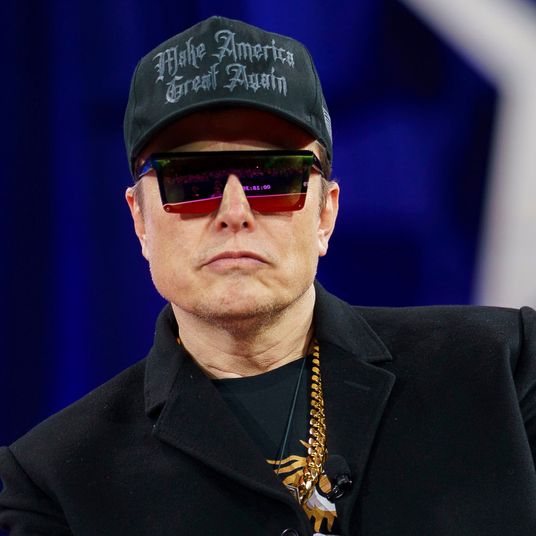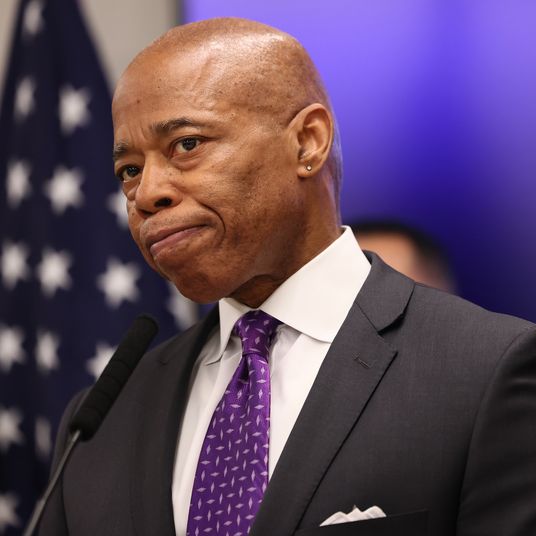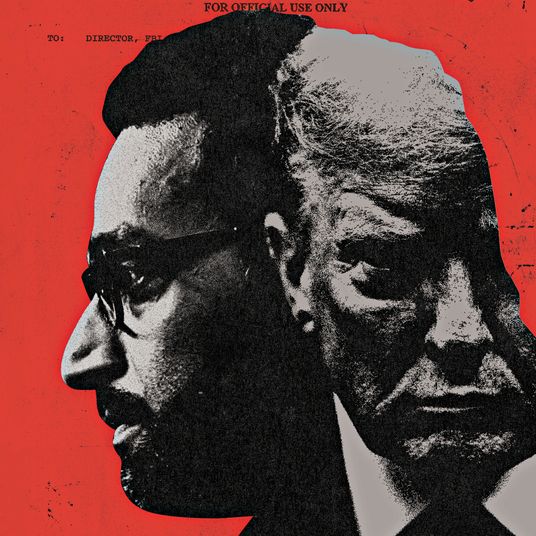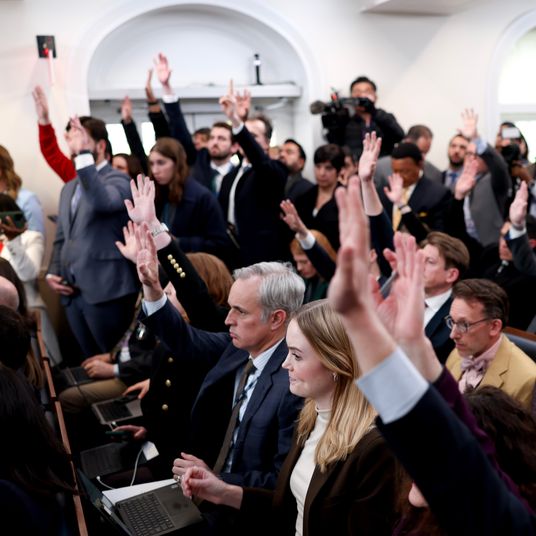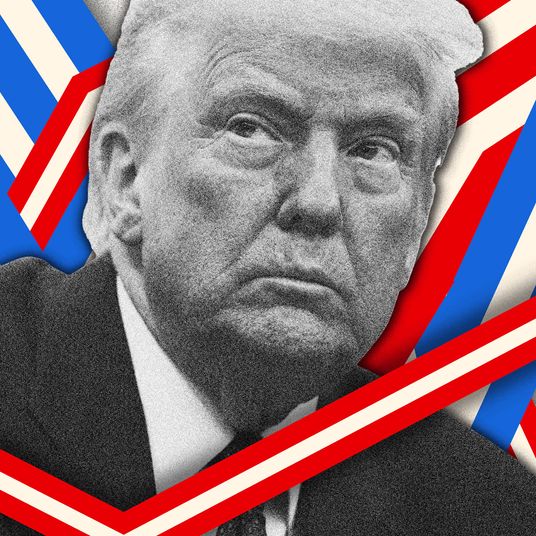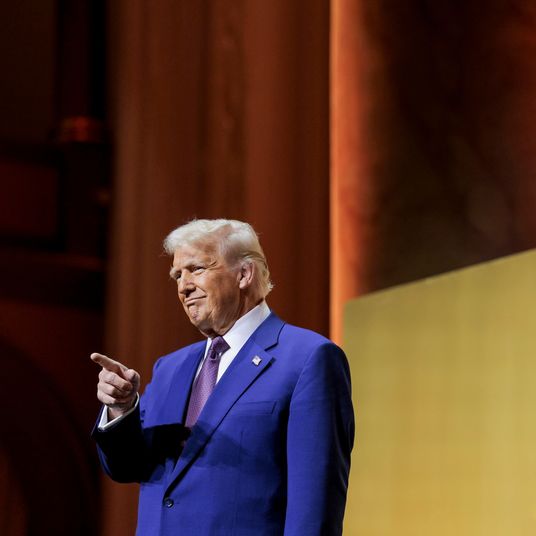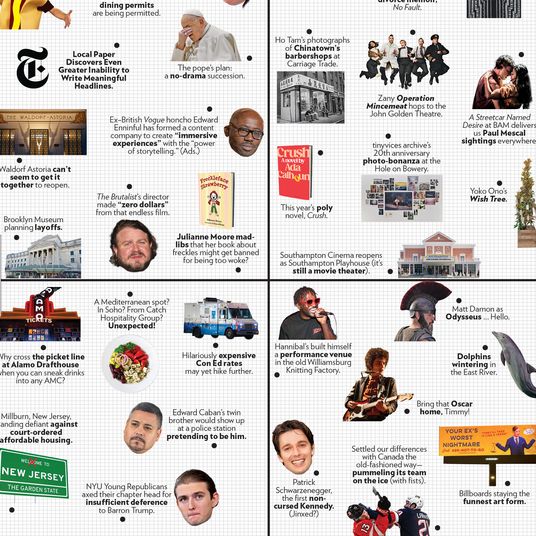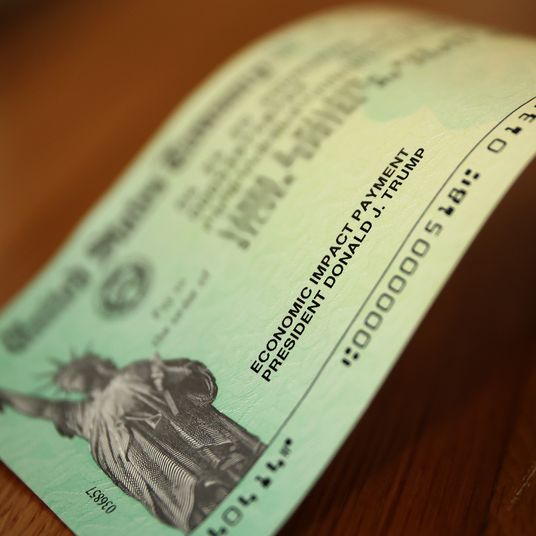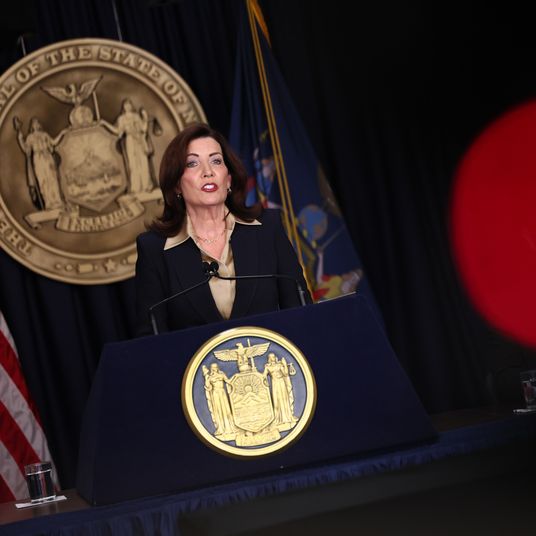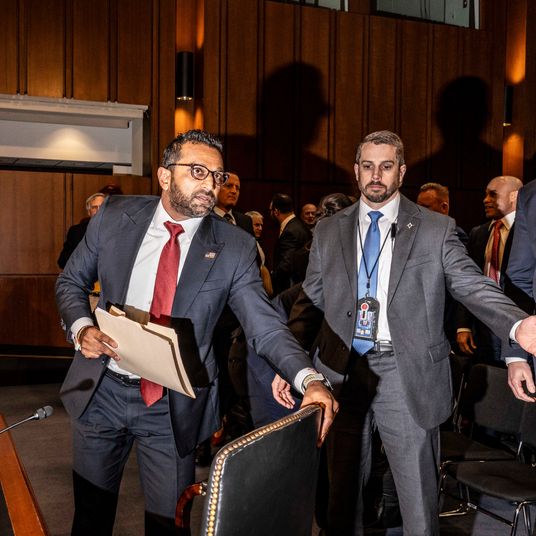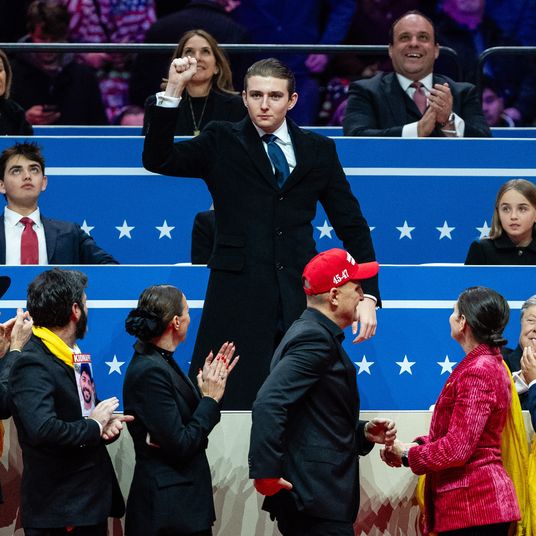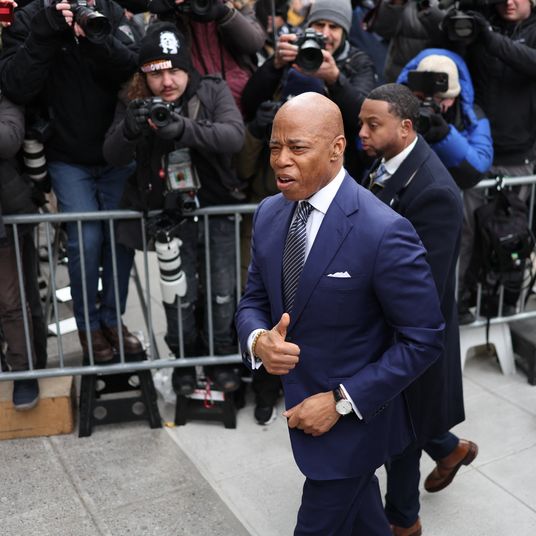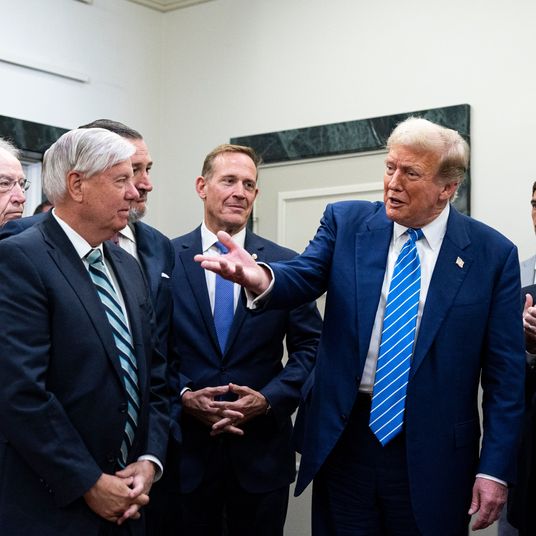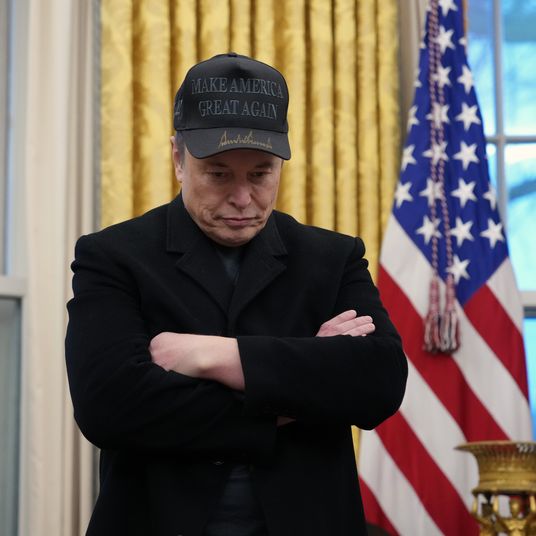
It’s hardly news that Donald Trump and many of his top subordinates intensely dislike NATO and the entire set of international alliances they have inherited, and are also fond of right-wing global pariahs like Hungary’s Viktor Orbán. But these inclinations are usually seen as subordinate to Trump’s America First orientation, in which the United States is generally less beholden to its allies and allowed to focus on its own interests, rather than the world’s many squabbles.
At the start of Trump’s second term, however, a rather different approach to international affairs is taking shape. Far from leaving U.S. allies to their own devices, the new administration seems determined to encourage these nations to adopt regimes more compatible with the MAGA vision of reactionary cultural politics and mercantilist economic policies.
The first big sign of this evolution occurred in December when Trump buddy and soon-to-be “co-president” Elon Musk penned an op-ed in a German newspaper boosting that nation’s far-right AfD party (a homeland for, if not entirely a captive of, neo-Nazis). On X, Musk bashed Germany’s mainstream parties — which agreed long ago to ostracize these living reminders of 20th-century horrors — writing: “The traditional political parties in Germany have utterly failed the people. AfD is the only hope for Germany.” Then, a few days after Trump took office and began delegating massive powers to Musk, the DOGE chieftain took a break from his assault on the federal government to appear virtually at an AfD party conference to offer some encouraging words via a huge video screen, as NPR reported:
Musk spoke repeatedly about the importance of Germans taking pride in their heritage.
“It’s good to be proud of German culture and German values, and not to lose that in some sort of multiculturalism that dilutes everything,” Musk said.
Then, in an apparent reference to the Nazi era, Musk added that there is “frankly too much of a focus on past guilt and we need to move beyond that.”
“Children should not be guilty of the sins of their parents, let alone their parents, their great-grandparents,” he said as the crowd applauded.
In case you were inclined to dismiss Musk’s bizarre walk on the very wild side of European politics as just another sign of his eccentricity, J.D. Vance doubled down on this stance during a high-profile appearance at the Munich Security Conference, as Foreign Policy observed:
… U.S. Vice President J.D. Vance ignited a firestorm. In a fiery and unorthodox speech, Vance declared that “there is nothing more urgent than mass migration” and accused European leaders of suppressing free speech and censorship — including by referencing Germany’s far-right Alternative for Germany (AfD) party, which German intelligence has classified as extremist. The biggest security threat facing Europe was not Russia or China, he said, but the “threat from within.”
Vance made it abundantly clear that the “threat from within” was not the neo-fascists enjoying a big revival across the continent, but those who would “suppress” their voices or deny their legitimacy. If there was any doubt about the veep’s meaning, he added a punctuation mark by immediately meeting with the AfD’s co-leader and candidate for chancellor, Alice Weidel. Vance’s new European buddy is known, among other things, for her insistence that Adolf Hitler wasn’t a right-wing figure at all, but a “communist” (which would come as news to the ghosts of the many millions of Soviet war dead at Germany’s hands).
Vance’s message to Europe in Munich is being described in some circles as a sort of misstep, or merely a “wake-up call” designed to make NATO allies pony up more money for collective security. That analysis could be crucially wrong. The more obvious interpretation is that Vance and Musk meant what they said: Europe’s future lies with far-right parties, which are poised to turn politics on its head, just as the MAGA movement has done in the U.S.
In conjunction with Trump’s renewed detente with Vladimir Putin (who he seems happy to let determine Ukraine’s fate), his administration appears to be all but openly fomenting a very different Europe, whose current leaders will be replaced by (or will surrender to) right-wing politicians close to Orbán and friendly to Russia. That’s not an America First posture so much as a determination to interfere in the domestic politics of countries deemed inadequately like Trump’s America.
It’s possible that we are seeing the first steps of a pivot to a new international security arrangement for the United States rather than any abandonment of internationalism. Putting aside his debatable hyperbole about a “fascist international network,” New Republic editor Mike Tomasky is on to something here:
I never could have imagined, none of us could, that the government of the United States of America would openly ally itself with a fascist political party. In the heart of Europe. In Germany, for God’s sake. …
Last year, many people warned that under a second Trump administration, the U.S. would fundamentally alter its posture toward the world. That our country would go from being (however imperfectly) the linchpin of the concert of democracies to being the leader of the global far-right, anti-democracy movement. Then, it was speculation. Now, it’s happening right in front of us.
To give this possibility the right historical resonance, it should be remembered that, following World War II, the U.S. created a system of alliances with anti-communist governments regardless of their character as democracies or right-wing authoritarian regimes. When the Cold War ended, the U.S. created a new system of alliances with the liberal democracies coming into power in much of the world. Now we are facing the prospect of the U.S. allying with illiberal governments regardless of their attitude toward democracy, civil liberties, or respect for human rights. The ticket for admission to this emerging arrangement appears to be hostility to migrants from what Trump described as “shithole countries”; a willingness to acknowledge U.S. economic hegemony; and a taste for traditionalist versions of Christianity (though that last plank of the platform may be a reach for the highly secularized societies of Western Europe). It’s not completely clear that Trump will have time to consummate this New World Order in four short years, or how it would relate to challenges like those posed by China. But if J.D. Vance indeed winds up as Trump’s successor, it’s pretty clear which way the wind will continue to blow in U.S. foreign policy.
More on Politics
- Elon Musk Spam-Threatened the Entire Federal Workforce
- Why the Government Will Probably Shut Down in March
- The Eric Adams Legal Drama Goes Into Overtime: Live Updates






